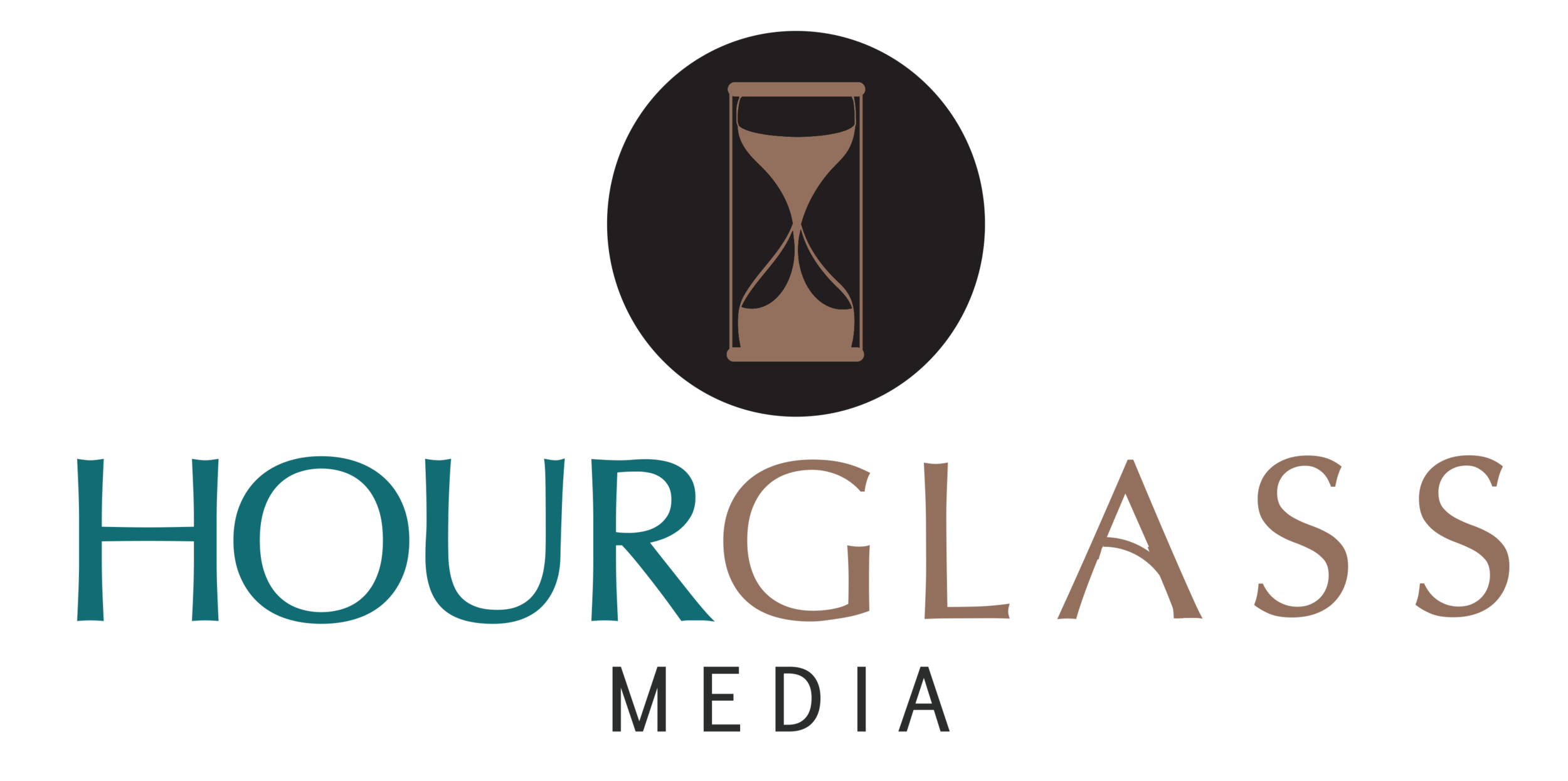Three Ethical Practices to Apply to Your Public Relations Career
⌛ By Kaylin R. Staten ⌛
Earlier this week, I had the honor and privilege to speak with public relations and other communications-related majors about ethics in the workplace. As I spoke to them (in the same room I had the same ethics class nine years ago), I reflected on my own career. My notes came to life as I spoke, and reality hit me: I’ve been practicing public relations for almost 10 years.
May marks the illustrious milestone in my career. Introspection is a necessary and cherished aspect of professional development as I approach the 10-year mark of my public relations career.
Enough time has passed for me to ease into sharing my ethical experiences with up-and-coming practitioners and others. At the beginning of my career, I was still trying my best to figure everything out, and during my 20s, I created the foundation of my career through experience, support and, most of the time, taking the road less traveled.
Here are three ethical lessons I have learned since beginning my career 10 years ago:
Your intuition doesn’t lie to you.
After I graduated with my public relations B.A. from Marshall University in May 2010, I felt ready to take on the world. That fall, I accepted my “dream” position at a local nonprofit organization. As a 22-year-old Director of Development, I was on top of the world. I stayed in that position for less than two months. During my brief stint at the organization, I observed unethical practices, from not properly accounting for donors’ cash contributions to physical donations being taken home by employees. That was just the tip of the iceberg. During my research, I discovered that the executive director was involved in previous unethical practices. Even at my young age, I made a decision that would shape my career for a lifetime. Should I stay in the position and risk my reputation, or should I take the high road?
I handed my boss my effective-immediately resignation letter, packed my belongings and left the PRSA Code of Ethics on my now-barren desk. I couldn’t shake my gut feeling that several internal practices were amiss, and as a PR person, I couldn’t communicate about the mission, donations and other topics to the public with the knowledge that something was not right. I would have felt like the world’s biggest liar. So, I left my “dream” job and moved on a month later to my five-year stint at United Way of the River Cities.
I made it through impersonations on Facebook, media requests to talk on air about the situation and more. Oh -- and guess what? A few years later, the executive director was arrested for embezzling.
“The circle is now complete. When I left you, I was but the learner. Now, I am the master.” - Darth Vader in “Star Wars: A New Hope.”
Protect your publics’ private information.
We live in an age in which privacy is a #1 concern. To prevent a data leak or a dwindling reputation like some companies we know (ahem, Facebook), take the necessary steps to keep your publics’ information private. This involves a myriad of internal practices, from not selling your eNewsletter list to not leaving your employees’ pay stubs in a publicly shared folder on your computer network. You want to increase your revenue and maintain a positive reputation, so invest in making your organization more secure. Use anti-virus software, always update your computer and other devices, choose difficult passwords. The worst feeling in the world is feeling violated, and I’ve seen so many companies make mistakes that cost them customers and donors.
Use this rule of thumb: What would upset you if it was made public in a professional setting? Apply that general question to the opposite party, and do what is for the greater good.
Be the conscience of your organization.
Most of us bring our own sets of values and morality with us, and sometimes, that does not coincide with what others think. It’s vital to provide insight and information during times of crises, planning sessions and everyday practices. When I speak about being the conscience of the organization, I often use Deanna Troi from “Star Trek: The Next Generation” as an example. She was Captain Jean-Luc Picard’s right hand, and he came to her for necessary advice when he felt lost in his leadership. Your organization, company, client, whomever does not need a “yes” man or woman. It needs the truth and its best interest at heart at all times.
Do what is best for your organization. It could conflict with who you are and your personality, but you have an obligation to the organization and its publics to protect it and its assets. That could come in the form of finances, reputation and/or both. Be assertive when you need to be, and practice grace in times of strife.
Kaylin R. Staten, APR, is an award-winning public relations practitioner and writer based in Huntington, WV with nearly 16 years of professional communications experience. As CEO and founder of Hourglass Media, she uses her compassionate spirit and expertise to delve into the heart of clients’ stories. She is a recovering perfectionist, mental health advocate, wife, cat mom and Leia Organa aficionado. Connect with Kaylin on LinkedIn.

